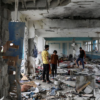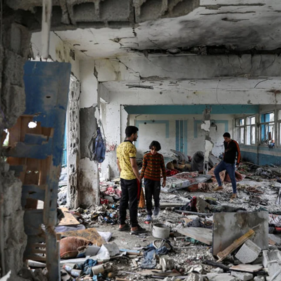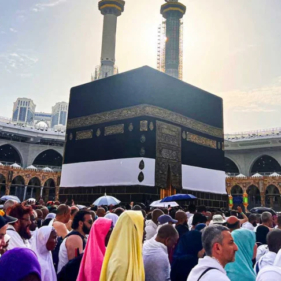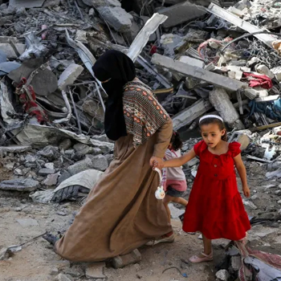For Bangladesh, the International Monetary Fund (IMF) or IMF loan is easing lending requirements. The outlook for the distribution of the second tranche of a $681 million loan in Bangladesh has improved during the IMF mission’s stay.
In anticipation of the outcome of the IMF board meeting in December, Majbaul Haque, the executive director of the Bangladesh Bank, expressed optimism that the second tranche will be received in that month.
Read More About southeast bank
Four of the six IMF loan agreement requirements have been met by Bangladesh. The second installment will still be released even if the final two requirements are not satisfied. As a consequence, it is no longer necessary to have net reserves of $26.8 billion by December.
The reserves should total $18 billion by the end of this year, with a goal of $20 billion by the following June, which will cover the IMF loan. Actual reserves are at little around $17 billion.
IMF’s perspective
The IMF mission, headed by Rahul Anand, director of the Asia and Pacific Division of the IMF loan, met with a number of government agencies over the course of 15 days, concluding on Thursday with meetings with the Bangladesh Bank Governor Abdur Rauf Talukder, Finance Secretary Dr. Md. Khairuzzaman Mozumder, and Finance Minister AHM Mustafa Kamal.
The mission said that a consensus had been established with the Bangladeshi government on a number of measures on the final day of the IMF loan meeting with the government on Thursday, capping the first review for the second installment of the loan distribution.
The IMF confirmed its continued support for Bangladesh while acknowledging the difficult nature of the financing circumstances and applauding the measures the government had made to resolve them.
In the short term, the IMF loan expects Bangladesh’s foreign exchange reserves to keep growing, with a medium-term target of having reserves equal to four months’ worth of imports.The organization is aware of Bangladesh’s high level of risk and unpredictability, nevertheless.
The IMF states that in order to achieve macroeconomic stability in Bangladesh, both revenue growth and improved spending effectiveness are necessary. Furthermore, it is critical to consider how excessive inflation affects the average person.
The IMF emphasizes the significance of addressing the banking sector’s deficiencies in order to satisfy the rising demand for funding, including lowering the proportion of non-performing loans held by state-owned commercial banks, stepping up supervision, and enhancing governance across the board. Achieving growth objectives is also thought to depend heavily on developing the domestic capital market. Rahul Anand’s 11-person IMF group will travel back to the US to report on the altered circumstances.
More News About ific bank
The reserves must rise by at least $1 billion over the following 1.5 months and reach $20 billion by next June in order to satisfy the new IMF requirements. In other words, $3 billion more needs to be added to the reserve during the next 7.5 months.
The IMF granted a $4.7 billion loan in January to help Bangladesh out of its economic crisis, with the first installment of $47 million being paid out right away. In the event that the IMF Board of Directors approves it on December 11, the second installment is anticipated in December.
What do experts say?
In this regard, Zahid Hossain, the former head economist of the world bank bangladesh Dhaka office, expressed confidence that no barriers would stand in the way of obtaining the second tranche of the IMF loan.
“The requirement to maintain $26.8 billion in actual reserves by December is no longer applicable under the new accord. It is not anticipated that a reserve that is little less than $18 billion will prevent payments from going through, the official added.
As long as there are no obstacles or issues, Zahid Hossain thinks the IMF Board of Directors may rapidly approve Bangladesh’s loan request. A different situation might arise, though, if a European or Western member of the IMF board objects.
Meeting the new IMF loan targets is doable for Bangladesh, according to Dr. Ahsan H. Mansoor, executive director of the Policy Research Institute, providing the government is willing to do so.
He emphasized the value of government cooperation and the requirement to raise remittances through official channels in order to increase reserves.
Maintaining political stability through December is essential, and any political turbulence or governmental instability might potentially postpone the second installment, according to Dr. Ahsan. The disbursement could be impacted if elections are delayed or if there are political unrests.









